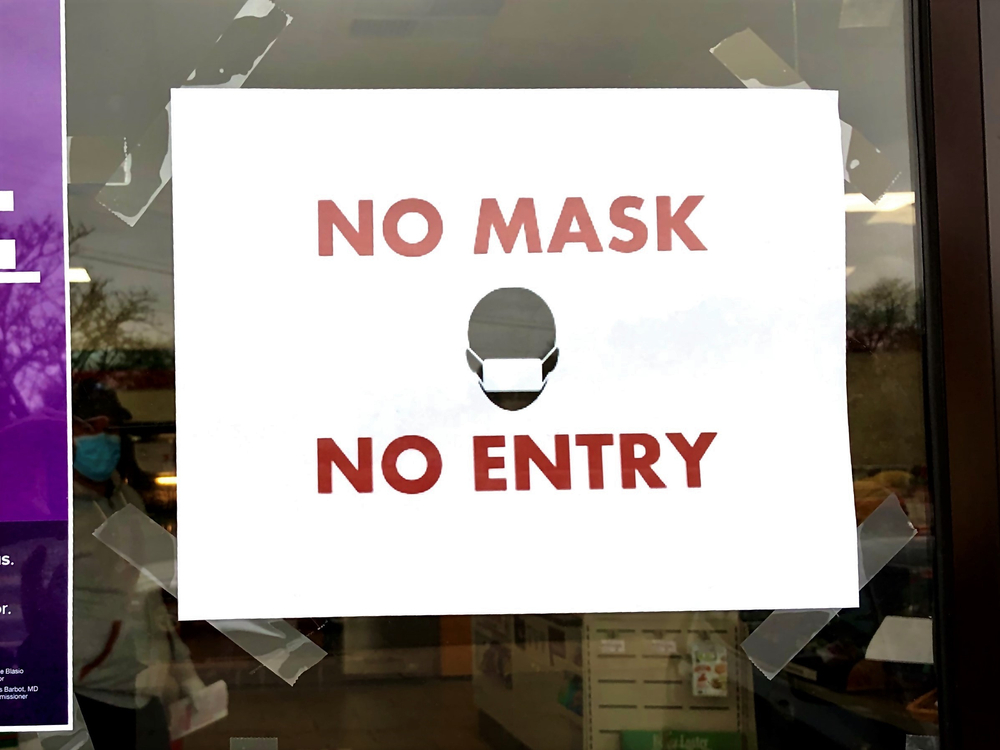How much can you get if your leg is broken in a car accident and you miss 12 weeks of work? What amount will a jury award if you fall at a grocery store and permanently injure your back?
There is no set answer. And don’t believe an attorney who promises you will walk away with a set amount of money.
RELATED: Need to track your lawsuit? There may be an app for that.
RELATED: Living will: Create it before you need it
Many factors go into determining how much money to seek in a personal injury lawsuit. Some amounts are easy to calculate based on facts and others are much harder to determine. Even when an overall financial value is placed on the damages one suffers from a car accident, slip-and-fall injury or other occurrence, many other circumstances determine what the victim takes away.
Two categories of damages, most commonly known as special and general, come into play.
- Special damages are the financial losses the injured individual has suffered. These include medical bills, damage to a vehicle and loss of paycheck.
- There are also future special damages. These include the ongoing cost of medical treatment. There can also be future loss of income because an injury prevents the individual from earning what they used to earn before the accident even if they do return to work in another job.
- General damages are the amount of money to cover the less tangible impacts of an injury. These can include pain and suffering, emotional distress, missing out on special family events.
What’s the cost of pain?

“People (on a jury) are more inclined to give special damages than general damages,” said Joseph Saunders, a board certified civil trial lawyer who practices in California and Florida. “If (a plaintiff) says ‘I can’t sleep. I hurt every day,’ well how much is that worth? There are no guidelines. What’s the value of pain? A jury sees the evidence and sometimes they may come back in favor of $10 million and sometimes it’s $10.”
A longtime rule of thumb cited on many personal injury legal websites is to derive general damages by multiplying the special damages by 1.5 to 5, depending on the severity of the injuries.
One outdated formula used by insurance adjusters and lawyers is to multiply the special damages by 3, Saunders said. “That way the client gets a third, the lawyer gets a third and the (medical) bills get paid,” he added.
To reach a settlement before trial, as is the outcome of about 99 percent of personal injury cases, Saunders usually sues for the full amount of the insurance policy covering the person or entity that caused the accident. If the coverage is $1 million, for example, and special damages total $200,000, he will ask for $800,000 in general damages.
Both parties, the plaintiff and the insurance company covering the other party, take into consideration the cost of taking the case to trial. Insurance companies would rather pay a settlement of damages alone, than face the risk of paying court costs and awarding the plaintiff damages. But then they know the plaintiff and their own attorney will have to pay as well to bring a case to court and hire expert witnesses, so they have money to lose if they refuse to settle.
Future earnings and expert witnesses
Calculating the loss of future earnings, whether in pursuit of a settlement or in front of a jury, is based on various factors.
- Does the injury mean the plaintiff is permanently prevented from performing their current job?
- Can the plaintiff be retrained for another job that pays as much or more?
- Does a lump sum at the time of the accident equal more than what the injured party would make throughout their career?
“An economist (as an expert witness for the insurance companies) might say if you add up all the income for the next 30 years and you get all the money now you could invest it and make a lot more than if you were getting it paycheck by paycheck,” explained Saunders, who is a Legal Examiner affiliate. So that would present an argument for a smaller lump sum payment to replace future income.
But then the plaintiff’s attorney could argue the cost of medical supplies they need the rest of their life is going to go up so it’s a wash, Saunders added.
There are many variables in determining the value of lost wages. If a roofer who doesn’t speak English and has no college degree is injured to the point they can’t move up and down a ladder, their other job opportunities are limited. Yet the argument could be made they could go to technical school to learn computer coding and possibly have a higher income than that of a roofer.
Say a structural engineer who also needs to have a level of physical mobility is injured in a car accident. The case for them landing another job that pays more would be easier to make.
“So, future damages are little tougher to prove,” Saunders said. “Are you really no longer able to work? Are you really going to need all those medical bills? We hire experts like life care planners to calculate the cost of all of this.”
Anchoring to general damages
Juries often feel they are making a fair compromise, by awarding a plaintiff the medical and other special damages, but not the general damages for pain and suffering. With this in mind, many attorneys, including Saunders, are now asking only for general damages.
“If I want the jury to give me $800,000 or $2 million, I don’t want to talk about a lousy $50,000 in medical bills. I don’t want to even give them that option. It cost $50,000 to bring the case to court and pay all the experts,” Saunders said.
This approach is known as anchoring. “Anchoring” is the human tendency to focus on the first information presented as a starting point. So, if only general damages are discussed, that’s the starting point for the jury, instead of the lesser medical bills.
“I use this argument. Imagine your neighbor’s kid got hit by a car. Do you call and ask if they are worried about that emergency room bill? No, you ask ‘How’s your kid,’ “Saunders explained. He wants to convince a jury the impact on the emotions and the quality of life going forward is greater and much more important than the medical costs.
Contact Katherine Snow Smith at [email protected]. Follow her on Twitter at @snowsmith.














